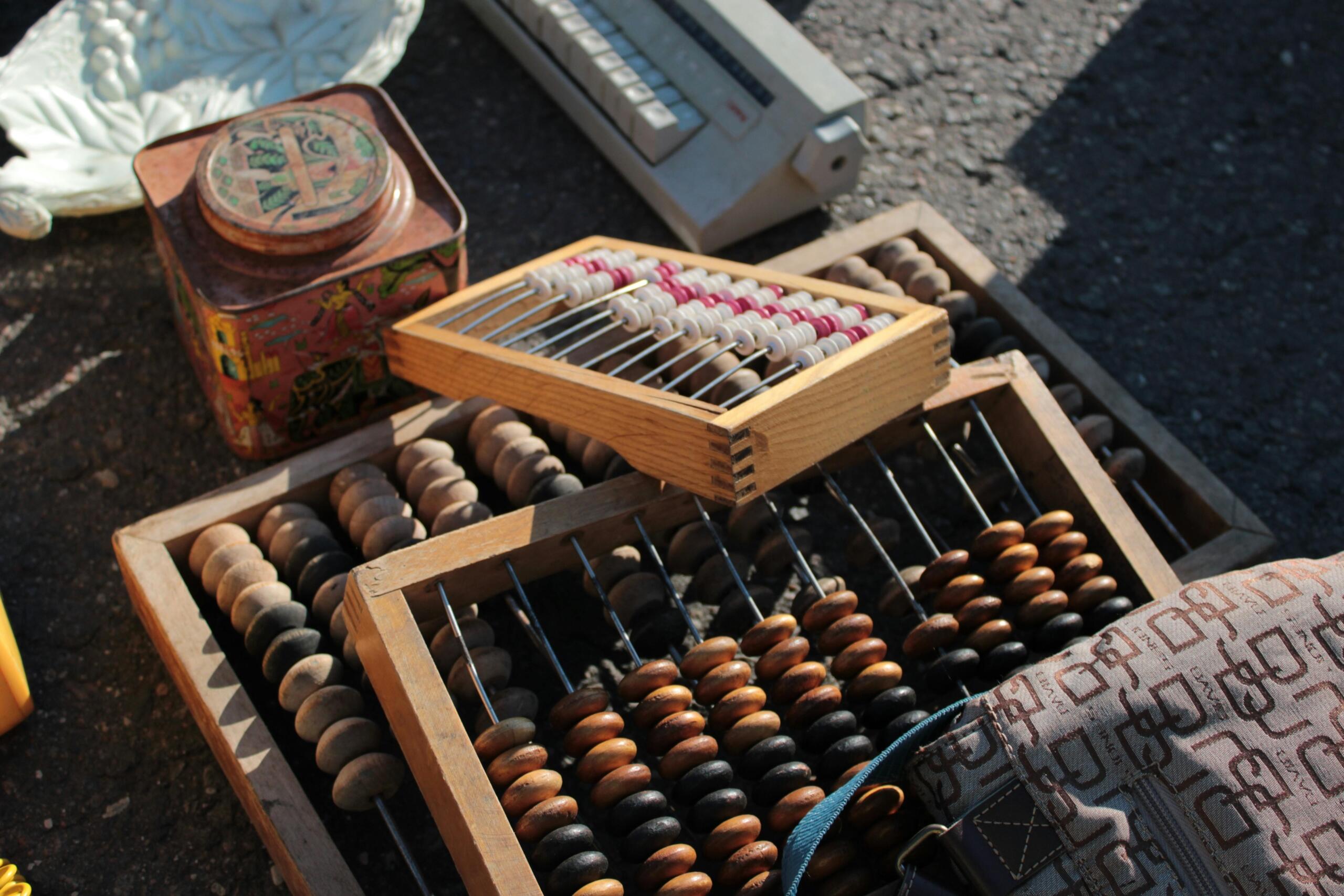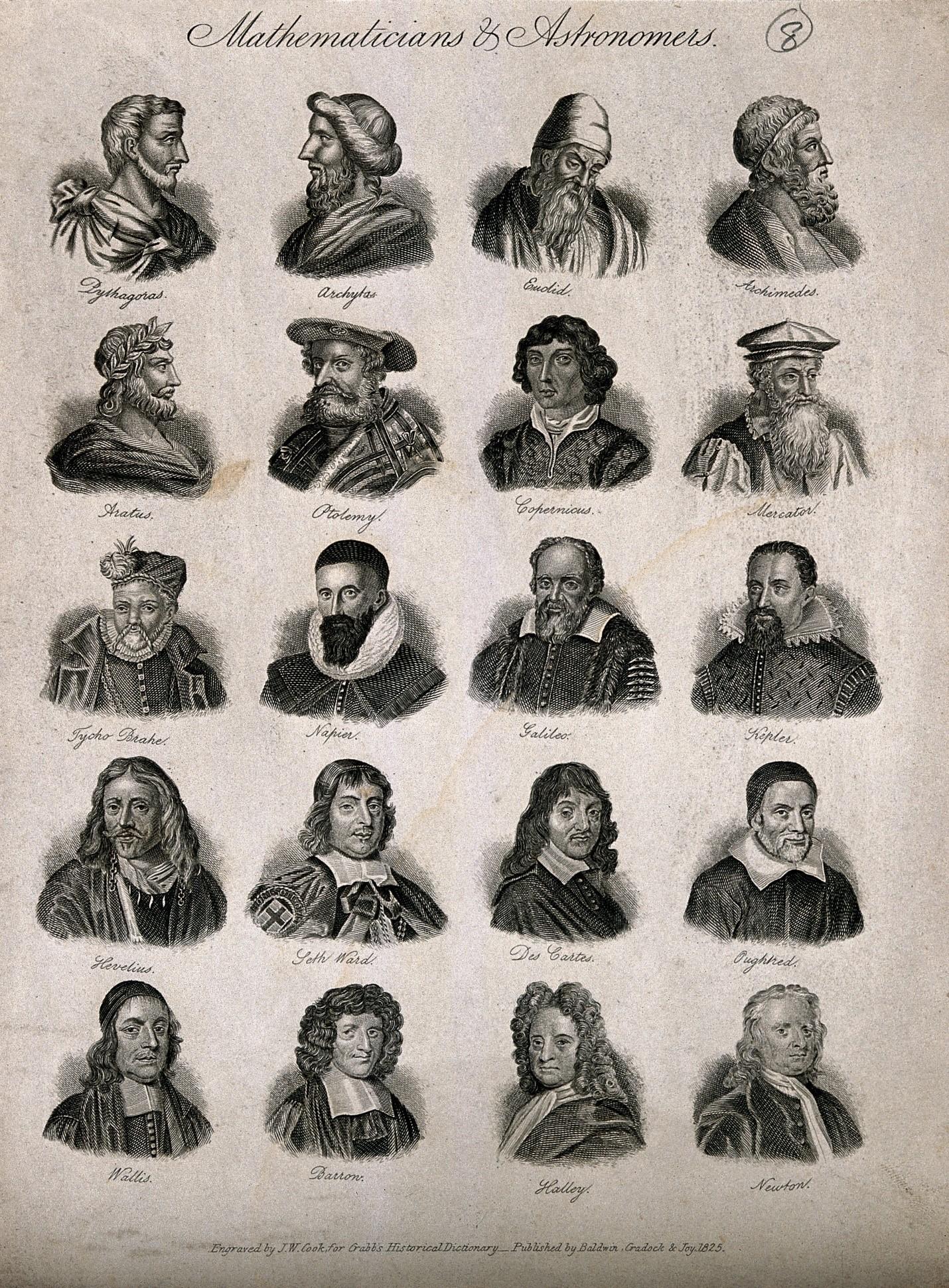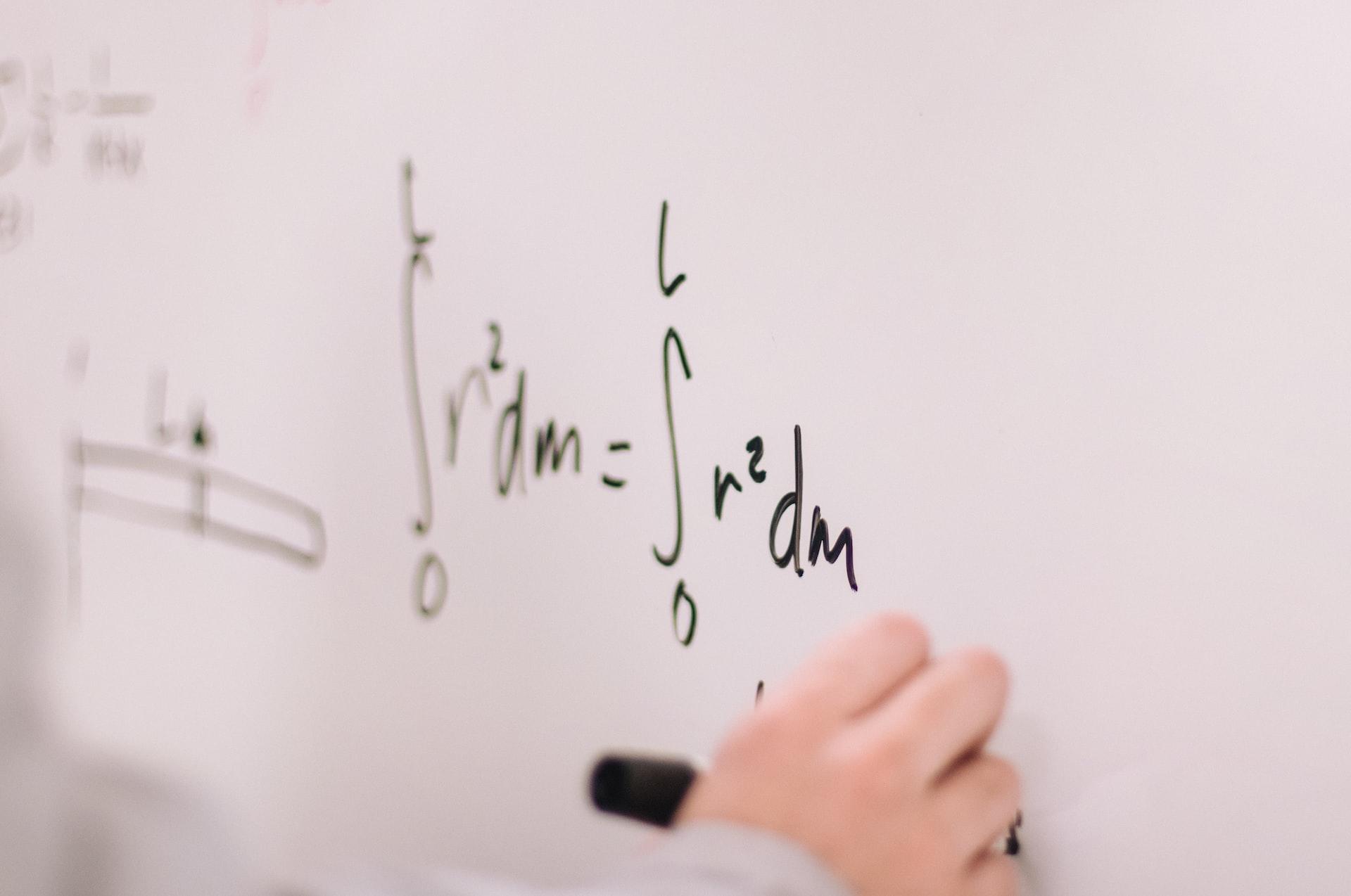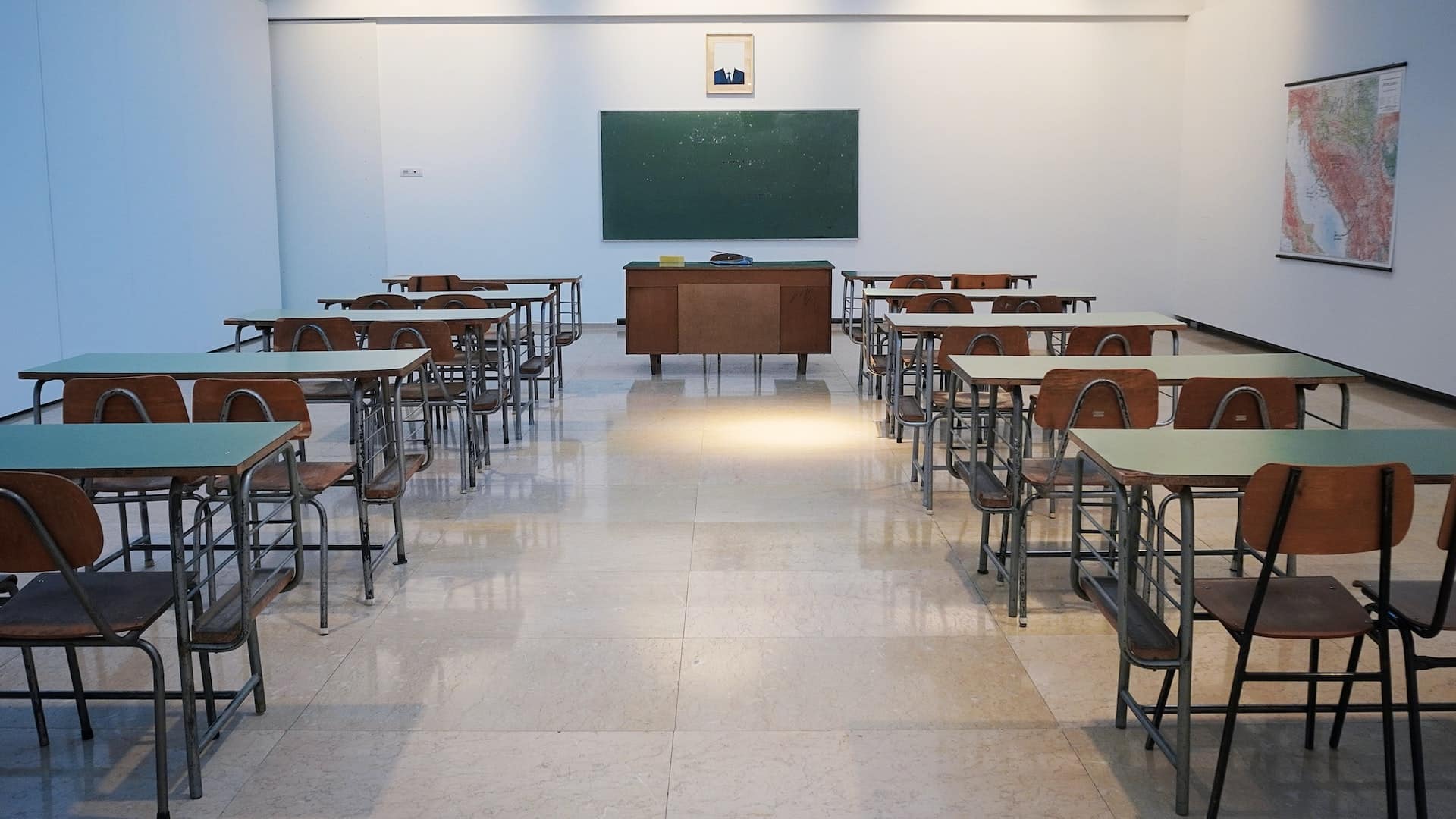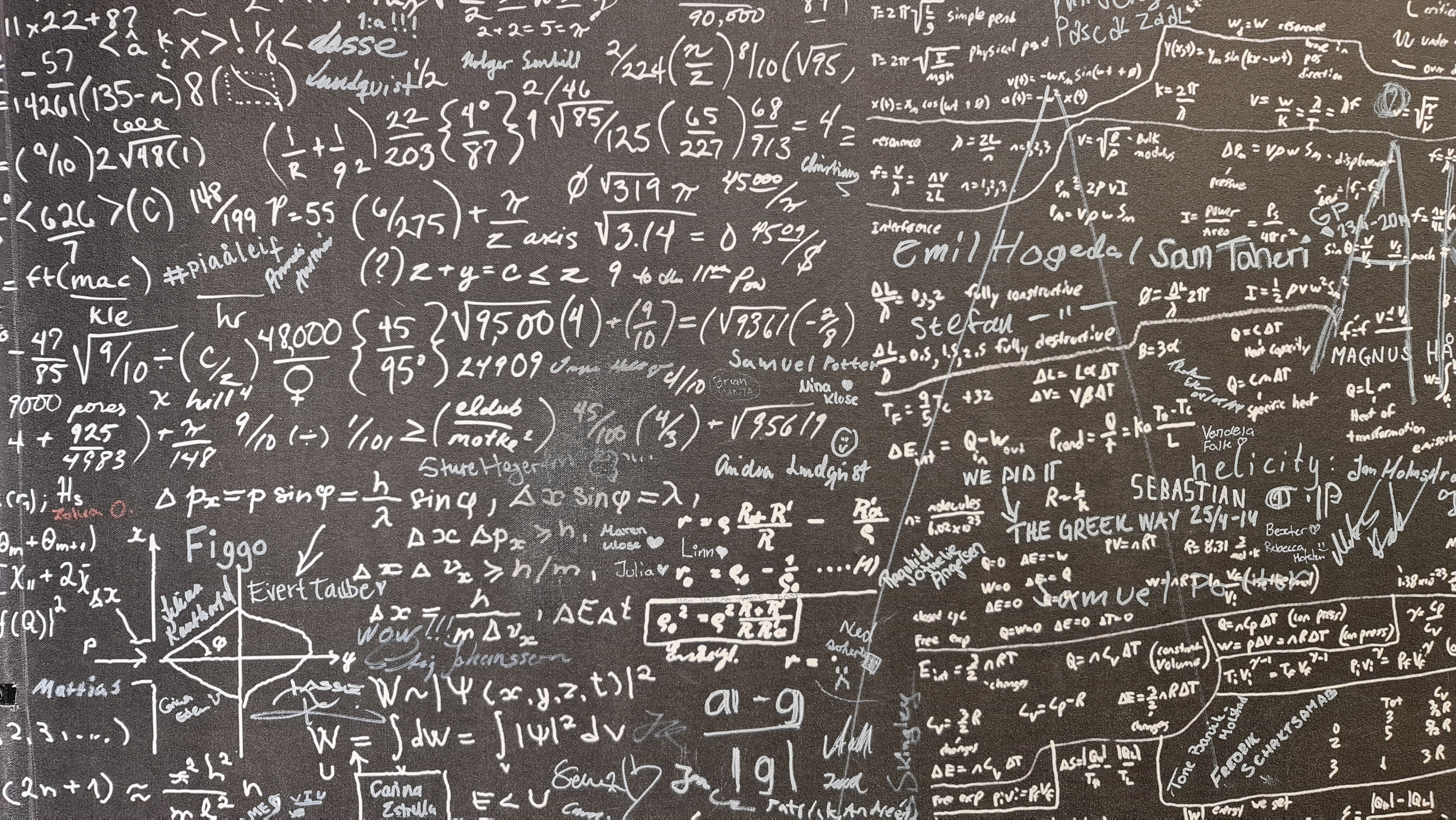Most parents want to help their kids get a head start when it comes to academic learning.
Families will often begin informally teaching fundamental math skills well before their child reaches school age.
However, is this sound educational practice?
Good teaching methodology is essential but, at a young age, fun will play an equally important role in the ability to learn.
Whether your focus is numbers, shapes, money or time — remember that engagement leads to learning.
This is not the time to sit your child down with a pile of worksheets. Instead, make mathematics fun — use concepts in real-life problem solving, work on puzzles, or play maths games online. Whatever math-related activity you choose, approach it with positivity.
But, what about maths for kids with learning disabilities?
And, does the boys are better at maths myth have any substance?

Every Child is Capable of Learning Maths
It is fairly common knowledge that the younger you are, the easier it is to learn a language. At a young age, the brain is more open to new sounds, words and concepts.
Could this be the same for maths?
Child development theorists, from the time of Jean Piaget, have believed that two-year-olds (and younger) possess the capacity to acquire basic maths concepts, including counting, shapes and symmetry.
Be aware, though, showing anxiety about maths is a great way to put children off the subject.
Fear of mathematics can be handed down to your child.
A parent may have negative school memories of mathematics, anywhere from fractions to calculus, but this does not mean their kids' maths experiences need to be the same.
Look here for the best maths tutors near you, or tutoring for online maths lessons.

Once formal maths lessons start in primary school, parents can help support their child to grasp new concepts at home through online, interactive math games and activities.
Some students will learn effectively and independently in the online setting, while others will need more hands-on activities, allowing them to physically explore the world of numbers and mathematics. The key is to tap into the child's learning style. Do this and most children will start to see maths work as a fun activity.
At some point in their early education journey, it may be pertinent to find a private tutor who specialises in maths for children.
Home tutoring or online tuition with a private tutor can help build student confidence. Tutors ensure each lesson and activity is tailored to meet individual areas of need, including addition and subtraction concepts, place value, recall of multiplication times tables and fractions. In addition to the number strands, space, measurement and data concepts can also be a focus.
For students who require extension work, or those at a higher grade level, an experienced tutor can provide the additional assistance and challenges a child may need. A good tutor will go beyond math worksheets to help their student make connections with the real world, and may incorporate experiential, app or game activities into the lesson.
Teaching Your Kids Maths Through Games
School teachers are trained in mathematics methodology, however, parents also play a crucial role in helping boost their child's understanding.
Even if your own maths experience at school was less than ideal, it is important to stay positive at all times and encourage questions from your child at home. The subject should not be seen as a scary thing you only do at school to get a grade, but rather as a set of skills that help us in our everyday lives.
A variety of board games covering different concepts, such as counting, addition or subtraction, are available for free download and there is an ever-increasing number of free maths games online, many of which allow you to specify the grade and topic.
A number of easily found resources form a great way to teach basic math concepts like counting, subtraction or multiplication.
Read about how useful the times table are here.
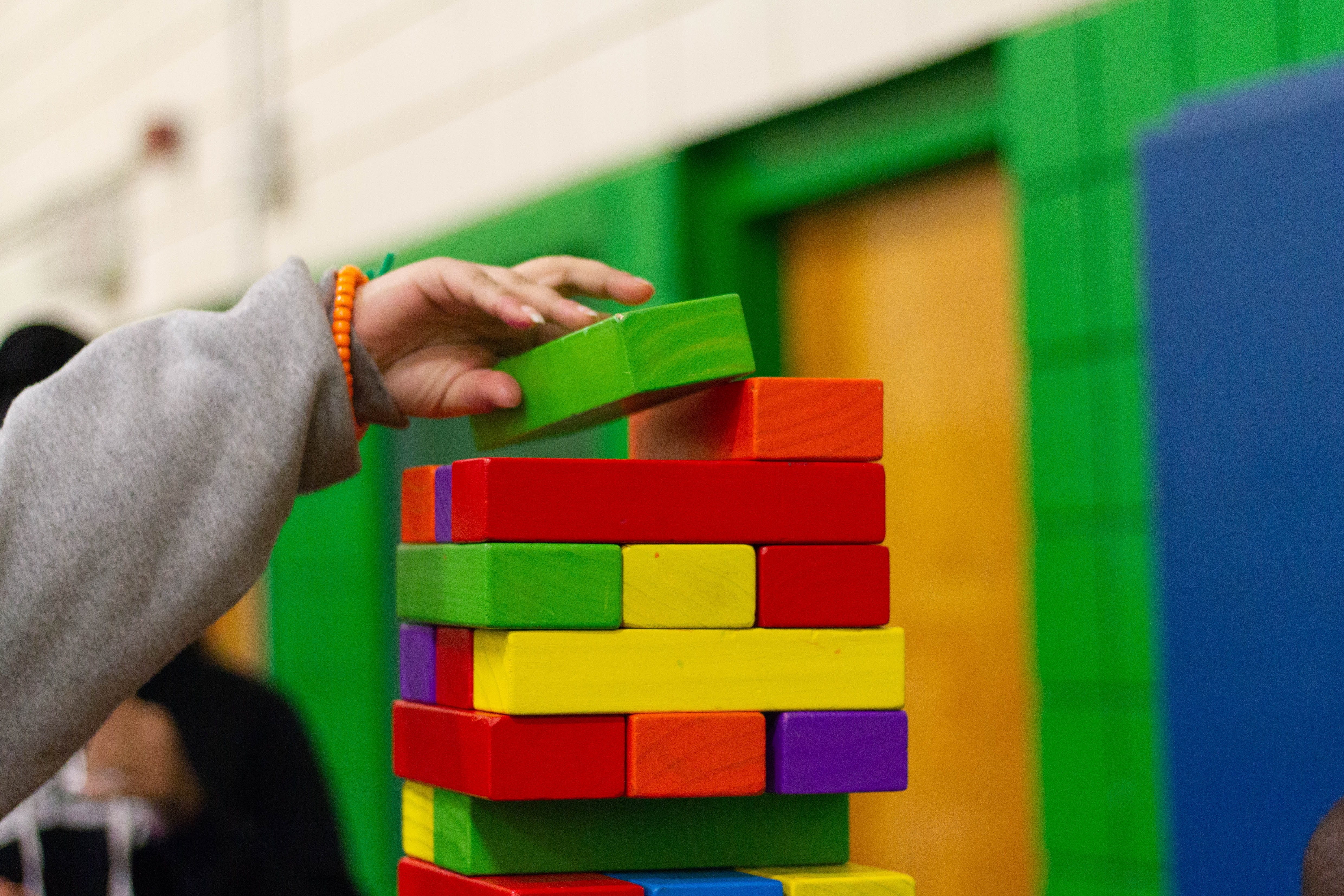
Engagement leads to learning and is most easily achieved when fun is involved. For this reason, it's essential that the concept of learning through play is applied to students of any age and grade or year level. A simple Google search for free maths games will bring up a number of sites, but to start you off, the ABC Education site has multiple games covering every year level for free download.
Maths is everywhere — enjoy it with your kids.
Maths for Children with Learning Disabilities
There are a number of learning disabilities that necessitate an alternative approach to teaching maths. Two of these are dyslexia and dyscalculia.
Dyslexia affects reading, spelling and written language abilities. In maths, children with dyslexia may experience difficulty with reading and interpreting word problems.
Dyscalculia can lead to issues with seeing, understanding and handling numbers.
Learning disabilities, like dyslexia and dyscalculia, can impact aspects of memory, concentration and organisational ability.
How can we effectively teach maths to students with learning disabilities?
Abstract concepts cause issues for students with dyslexia or dyscalculia, which is why a multi-sensory approach is key. Useful strategies involve providing information through the senses — sight, sound, movement and touch. Instruction may involve:
- talking about or drawing the problem
- using real-life cues
- breaking tasks down
- using different coloured resources, or a coloured keyboard
- selecting tactile materials for hands-on activities
- download a game app to help maintain engagement.
In addition, patience, repetition and variety to ensure ongoing engagement are essential in lesson delivery and for practice at home.
Assisting a student who has dyslexia or dyscalculia with their organisational skills is also important to ensure a clear structure is maintained both at school and at home. This may include:
- colour-coding information or different concepts
- maintaining a set routine for lessons or homework
- using a learning diary in conjunction with an exercise book or folder to keep worksheets together
- progress charts or checklists
- start the lesson or homework session by recapping the previous one.
Students with learning disabilities can attain success with tailored resources, a set routine and goals which are achievable.
Who's Better at Maths — Boys or Girls?
The elephant in the room had to reveal itself eventually — are boys and girls different when it comes to mathematical skill?
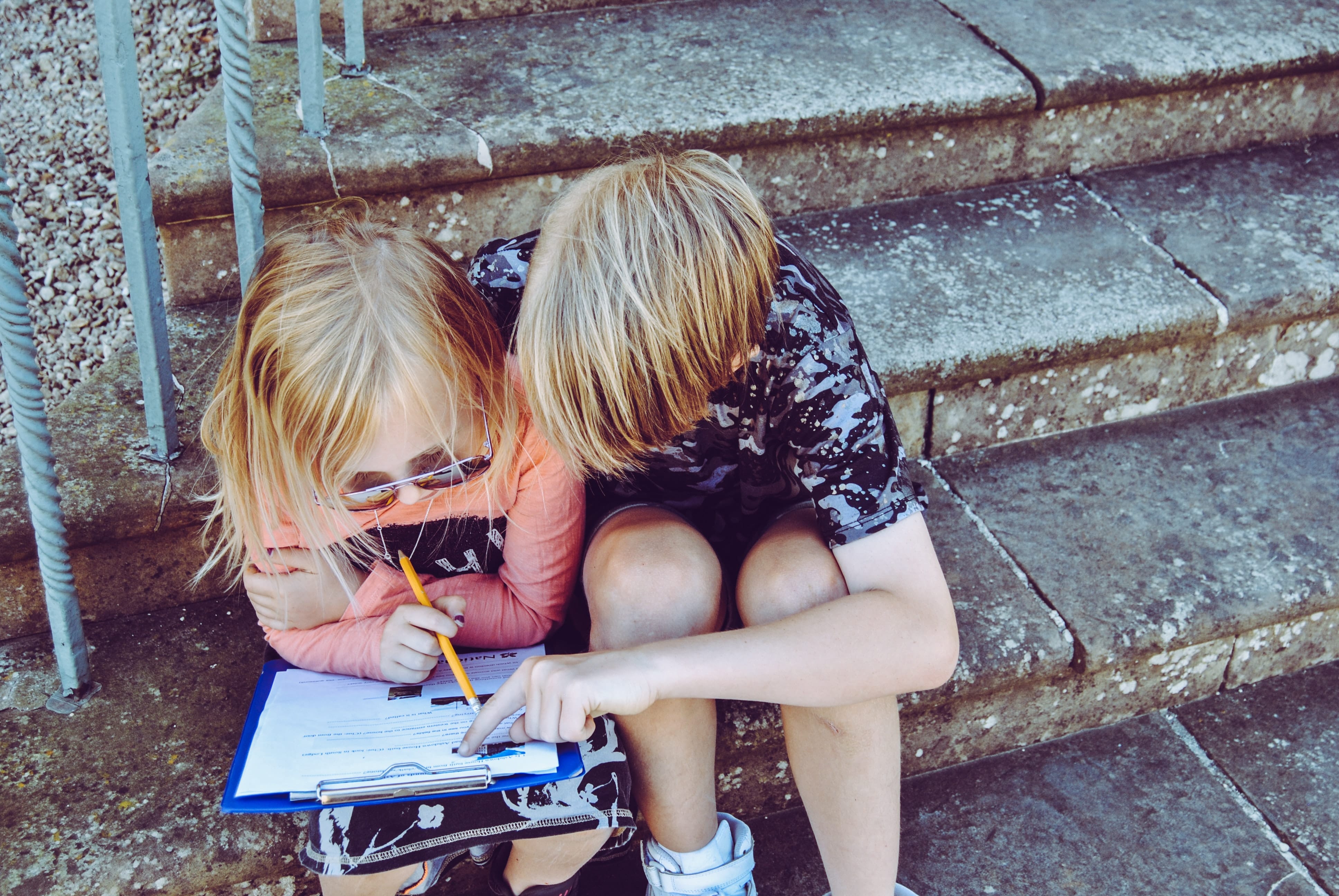
According to the most recent results from the Program for International Student Assessment (PISA) conducted by the OECD, Australian girls perform at a similar level in science and maths as their male counterparts. In fact, the Australian Council for Educational Research (ACER) has even noted that there have been no gender differences in mathematical achievement in the past two decades.
Why, then, does this myth that boys are better at maths still exist?
In all likelihood, it is fuelled by individual preferences along with the fact that considerably more males than females enrol in maths-related courses — out of all STEM university degrees in Australia, only 35 per cent are awarded to women!
If there are no gender differences in terms of school-age performance in maths, what could be the reason for the difference in course selection? Research indicates choice is related to self-concept and possibly to ingrained beliefs, social practices and upbringing.
For over a decade now, there has been a concerted push towards encouraging more females to enter the traditionally male-dominated areas of science and maths. Progress has been made, but there is still a long way to go.
Researchers will continue to explore this concept — to understand what shapes the choices people make.
In the meantime, if you or your children want to boost your math knowledge or need some catch-up assistance, look to Superprof to find a first-rate tutor for any grade and any level.
Summarise with AI:
















